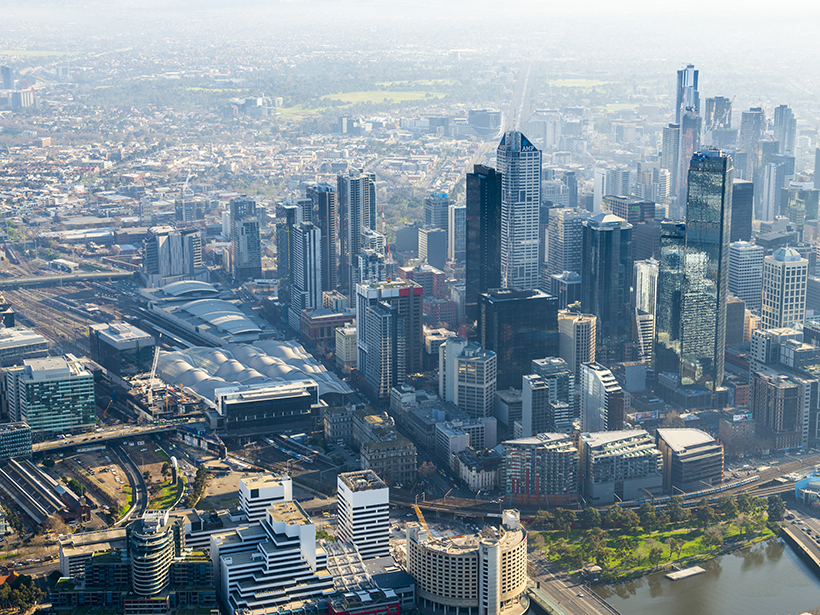What Chinese restrictions mean for commercial property

REA Group chief economist Nerida Conisbee casts her eye over the new restrictions now imposed on Chinese investors.
Last week the Chinese Government announced formal guidelines for Chinese companies keen on investing overseas.
Unlike gaming investment, which has been completely banned, property investment has simply been restricted. In reality, this means that any potential investments will be under more scrutiny.
Given that Chinese investors have been the most active foreign buyers in Australia over the past two years, there will be a number of flow on effects to Australian property.
Marginally less competition for assets
In 2016, Chinese investors accounted for 15% of all commercial and development site purchases, however this has already started to slow and the 2017 year to date figure is now 8%.
Not all Chinese investors will be impacted in the same way. Some already have operations set up in Australia and have significant funds already here and it’s uncertain if the restrictions will be applied to them as well. The groups most impacted are likely to be those that were planning to enter the Australian market and may now find it too difficult.
The other way that this will impact activity is that many Australian property companies rely on Chinese capital. If it’s restricted, we may also see fewer transactions from local buyers.
Price growth to moderate
Less competition for assets means that price growth will moderate. Given that the Chinese have been such a dominant force in offshore investment, any retreat will mean fewer buyers.
With price growth moderating we may start to see more offshore groups from other countries. Whether this is enough to make up for any decline in Chinese investment remains to be seen.

It will now be harder to Chinese investors to secure development sites.
Prolong the cycle
Unlike residential, where the cycle appears to be running out of steam, commercial property seems to have some way to run, particularly given that tenant demand is now running red hot, particularly in Sydney and Melbourne. The slowdown in price growth is likely to prolong the cycle, making it more sustainable in the longer term.
Less new development
Many new apartment developments would not have proceeded without the strong investment flows out of China. With less coming, it will mean potentially fewer projects will get up and running. This means less housing and potentially more expensive prices for local buyers of apartments.
With development site prices now potentially stabilising and even coming down, this may mean more local developers are able to step into the void.
The capital controls will have some impact, but Australia remains a highly desirable market for offshore investors. With the US presidency becoming more chaotic by the day and the UK economy grinding to a halt, we can expect this to continue for some time to come.







